Cancer cell ‘fingerprints’ may spell the end to one-size-fits-all therapy as patients are given information to personalise their treatment, says a Sydney scientist.
Jerry Zhou, a PhD candidate, and a team at the Cancer Proteomics Laboratory, University of Sydney, took molecular fingerprints of cancer cells, which allowed them to predict a cancer’s progress and match patients with the best possible therapy.
“Traditionally, all cancers have been labelled as a mindless mass of growing cells and the therapies reflect this one-size-fits-all approach,” says Jerry.
“We are now just beginning to understand their complexity. Cancers are consistently changing and evolving, which means for therapies to work, we need to be one step ahead of the cancer,” he says.
The evolution of cancers is assisted by changes in proteins on their surface. These proteins do the cancer’s dirty work by allowing the cancer to elude the body’s own defences or absorb more nutrients for rapid growth.
To predict what cancers are going to do next, Jerry used an Australian patented cell-capture biochip to take protein fingerprints from over 100 cancer patients around NSW. These cancer fingerprints revealed the aggressiveness of the cancer and helped to predict a patient’s survival.
“By knowing how a cancer will act, we can match the correct therapy with the right patient to get the best results. Protein fingerprinting is providing us with the information needed to personalise cancer therapy,” Jerry says.

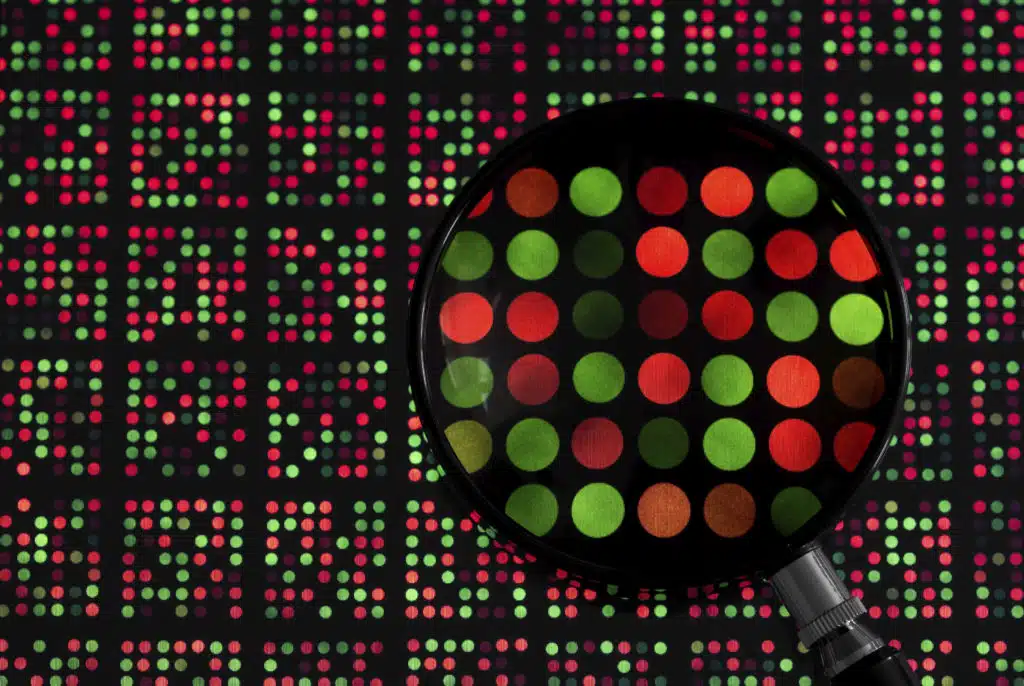
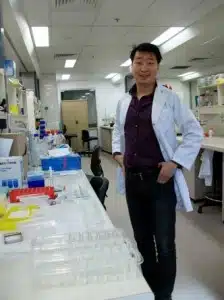
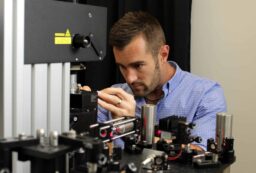
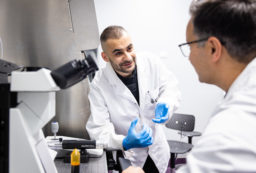
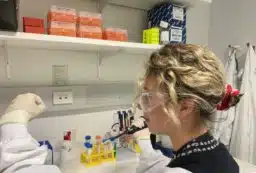
 Fresh Science is on hold for 2022. We will be back in 2023.
Fresh Science is on hold for 2022. We will be back in 2023.